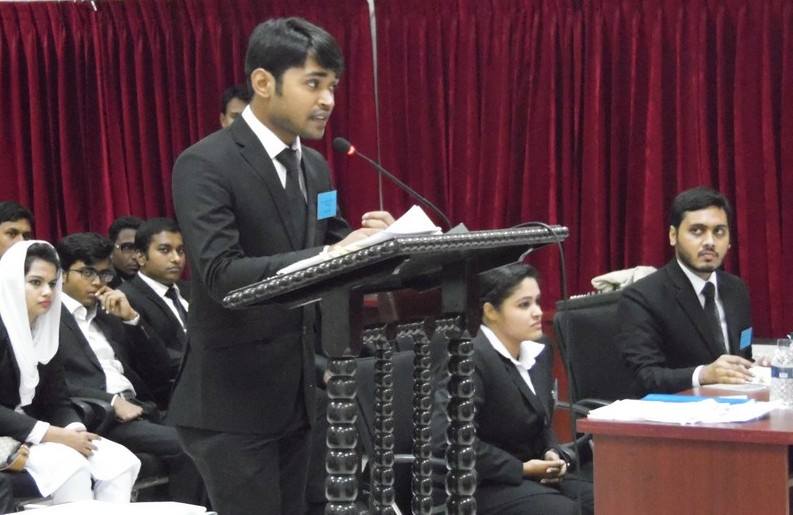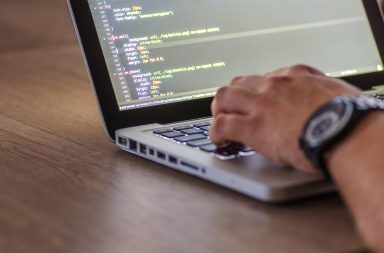By Muhammad Omar Faruque[1]
Reading law books for learning ‘what is law’ is almost identical to reading sports-books for learning how to swim or how to play soccer. The most significant part of legal studies is to understanding the application of laws in an appropriate case or in a real life situation. It is an art to know the use of law-book-knowledge in any practical situation by drawing proper analogies coupled with dynamic interpretations. There has been a myth among the lawyers that most of the law students are not up-to-mark, despite having brilliant grades in the law school,when they get apprenticeship in a law chamber. Reality is in fact also pathetic so as to flout this claim. At this backdrop, this is a burning question to understand the standard of legal education in connecting our real-life experiences to class-room lectures. How far our law schools have been successful to break the myth that I have already presented?
In most of the cases, law students have the opportunity to take part in mooting and debating or writing legal essays concerning social issues. However, such opportunity always does not ensure an effective outcome in the sense of clinical legal education. To me, such initiatives could be effective if anyone gets the chance to work practically by going to the community, hearing to its members and providing advocacy what they need. But there remain multitudes of challenges for doing these sorts of work.
Mooting creates the opportunity of framing legal issues from the fictitious facts and finding legal rules to fit those issues as the lawyers do in a real court. It enables mooters to critically analyze the facts in order to prepare the arguments for and against parties. It creates the sensibility of what facts to be used and what not! Say, for instance, while thinking fora defense argument, the defense necessarily needs to searchfor some sorts of clue from the factto strengthen his or her case compactly. It could avoid the defense’s risk of being doubted with this very fact by the prosecution. Besides, the mootersare always needed to prepare themselves for answering the questions asked by the penal of judges. Here, the mooters get the chance of showing their capacity to infuse laws and facts for winning the case.Even some mooters might need to prepare sets of 3rd or 4th line arguments to face questions in a chronological order. At the same time, writing memorials is doing an in-depth research on relevant issues. Being purely legal and formal one, mooting transmits the psychological arrangements for the law students at the end of day.

My submission at the Henry Dunant Moot Court Competition 2015. We became the Bangladesh Champion, then qualified to the Global Hong Kong rounds through South Asian round at Lahore.
Debating can be a good platform to sharpen the logical sense and make a student rational or analytical. It also provides an opportunity of becoming an effective public speaker to convince others by using art of logic. Students can take part in debates to stand for or against any topic to establish their opinions with logic and reasoning. It is almost an identical approach to study in the discipline of law. Legislators and constitution-framers often hold extensive debates for adopting the best legal or constitutional practices in the statute book. Law students should practice it not only for knowing the method of structural and rational argumentation, but diversifying the area of knowledge with an interdisciplinary approach to understand the legal principles. Jurisprudential understandings can properly be utilized in the debates on particular issues. The culture of debate teaches how to set-up a reason for establishing one’s assertion and what is the most appropriate example in a specific case by applying legal scholarship.
It is not desirable, but true that mooting has been practicing once or twice in a year during some specific competitions in most of our law schools. In my view, mooting should be practiced consistently, and the number of participants should not be confined to a limited number of students. In many law schools including few national ones, mooting has been included in law curriculum. But it should be implemented in all law schools in the quickest possible time.
On the other hand, debating is nothing less than mooting in enabling the sense of logic and reason. Moreover, being not so formal or competition-centric, it might be practiced by law students in a regular manner. In the universities, debating activities are accessible throughout the year.
Being a debater is a great advantage for me. I often get tempted to debate in the exam scripts to make the analysis more thought-provoking, rational and compact. To conclude, I hope the culture of mooting and debating can bring a successful professional life for us provided that weknow how to talk to convince the others, and how to utilize our legal learning.
_______________________________________
[1] Muhammad Omar Faruque is pursuing his LLM from the University of Dhaka. Besides representing Dhaka University’s debating team Oporajeyo Bangla in different national debating competitions, Faruque is currently serving as the Editor in Chief at Dhaka Law Review. He can be reached at: omarfaruquefahim@gmail.com.



